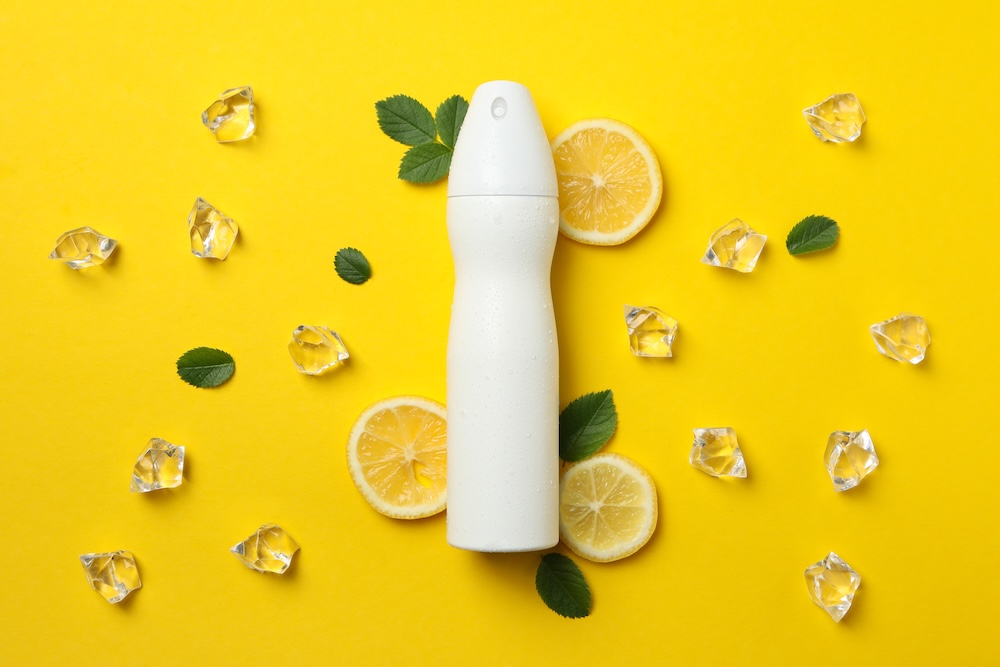Why Aerosol-Free Matters
Aerosol products—like sprays, dry shampoos, deodorants, and household cleaners—may be convenient, but they often rely on propellants like hydrocarbons or compressed gases, which contribute to air pollution, indoor VOCs (volatile organic compounds), and even ozone layer depletion in some cases.
Opting for non-aerosol alternatives is one small but powerful way to reduce your environmental impact and minimize health risks. And thankfully, many forward-thinking brands are now offering aerosol-free certified products.
What Does “Non-Aerosol Certified” Mean?
There isn’t one universal standard yet, but some labels and commitments indicate a product:
- Does not use aerosol propellants
- Relies on pump sprays, squeeze tubes, or solid formats
- Reduces or eliminates VOC emissions
- Is more recyclable and less hazardous to produce
Environmental and Health Benefits
- Better indoor air quality
- Less chemical residue on skin and surfaces
- Fewer greenhouse gas emissions during manufacturing and use
- Reduced risk of respiratory issues
Certified and Conscious Brands to Explore
These brands either carry third-party non-aerosol certifications or openly commit to aerosol-free practices:
1. ATTITUDE Living
- Offers home and body care products with ECOLOGO and EWG Verified certifications
- Non-aerosol deodorants, cleaning sprays, and sunscreens
2. Ethique
- Known for solid-format hair and body bars—completely aerosol-free
- Minimal packaging and fully compostable wrappers
3. Beautycounter
- Strong stance on removing harmful chemicals, including aerosol propellants
- Uses pump sprays and airless packaging
4. Babo Botanicals
- Offers reef-safe, non-aerosol sunscreen sprays and lotions
5. EO Products
- Deodorant and room sprays that avoid propellants and use non-aerosol misters
6. Badger Balm
- Organic body care brand with no aerosol products, focused on healthy ingredients and sustainability
7. Native
- Deodorants and body sprays in non-aerosol formats with a clean ingredient profile
What to Look for on Labels
- “Pump spray” or “air-powered” instead of aerosol
- No propellants listed (like butane, propane, isobutane)
- Eco-labels such as ECOCERT, EWG Verified, or USDA Organic
DIY Alternatives
Avoid aerosols entirely by making your own:
- Vinegar + essential oils as a natural room spray
- Arrowroot + baking soda for powder deodorant
- Oil + water mists in glass spray bottles
Common Questions
Why are aerosol sprays bad?
They release VOCs and chemical propellants that harm air quality and can affect respiratory health.
Do pump sprays work as well?
Yes—modern pump mechanisms are highly effective and pose fewer health risks.
What certifications should I look for?
Look for third-party labels like ECOLOGO, EWG Verified, and brands that declare “aerosol-free.”
Are aerosols recyclable?
Often not easily recyclable due to their pressurized components.
Final Thoughts
Switching to non-aerosol products may seem like a small change, but it’s a step toward cleaner air, safer homes, and a healthier planet. By choosing brands committed to transparency and environmental responsibility, you support innovation and demand better standards.
Aerosol-free living is possible, practical, and powerful. It starts with one conscious swap at a time.







Reader Interactions